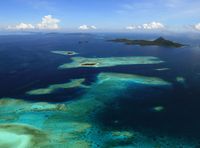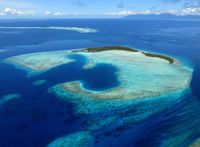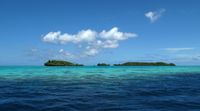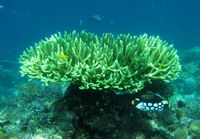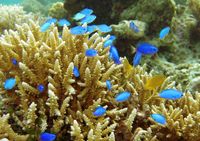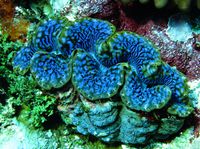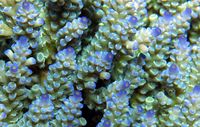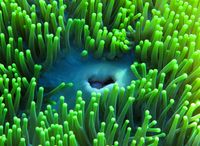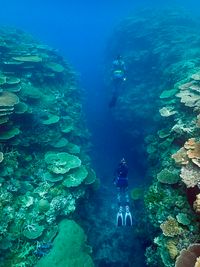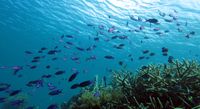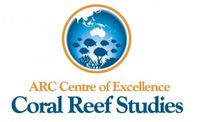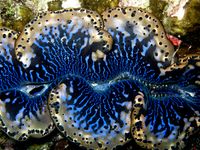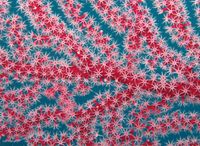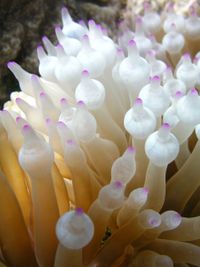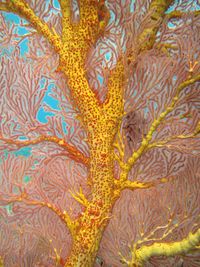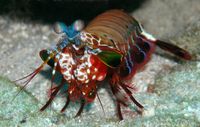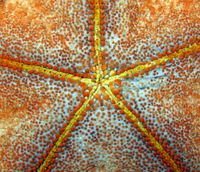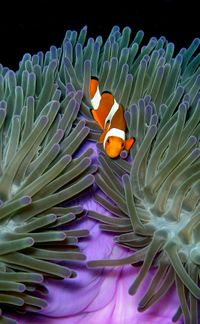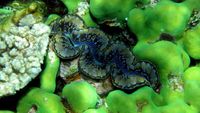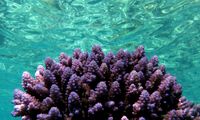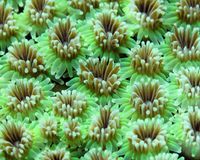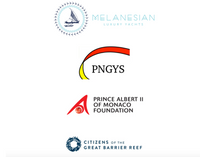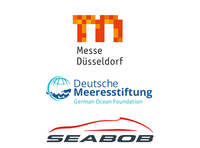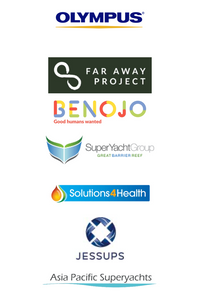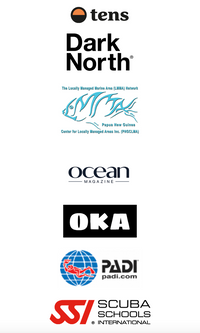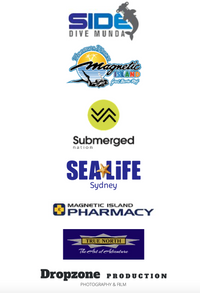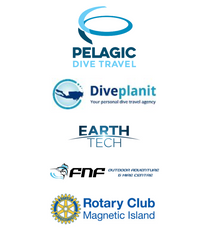Mission
Advocate Educate Action
These coral reefs are too precious to lose
© Coral Sea Foundation
The Coral Sea borders the Great Barrier Reef and the island archipelagos of Melanesia contain marine ecosystems of exceptionally high quality and biodiversity.
Our aim is to raise awareness of the ecological and social value the Coral Sea and Eastern Coral Triangle and to be proactive in its sustainable management. This region contains the last great reservoir of ultra-diverse coral reef in the world, yet most of it is remote and rarely visited and there are insufficient marine protected areas to achieve robust conservation outcomes.
Combining an ethos of science, gender equity and sustainability, the Foundation works with traditional owners to develop marine reserves that enhance fisheries and protect biodiversity, while delivering humanitarian aid to improve the basic quality of life of people in our partner villages.
We fully support a global transition to renewable energy as a means of mitigating the effects of climate disruption on coral reefs and we have a strong commitment to deliver our programs with innovative sailing vessels driven by wind power and biofuels.
Members of our boards have international experience in tropical marine science, marine resource management, ecotourism, maritime operations, international business marketing and brand development.
The Coral Sea is bounded by the Great Barrier Reef and the island arcs of Papua New Guinea, Solomon Islands, Vanuatu, and New Caledonia. Collectively this region contains the greatest area of high-biodiversity coral reef remaining on the globe. The reefs in Australian waters are protected by the Great Barrier Reef Marine Park and the Coral Sea Marine Park.
The Coral Sea is an eastern extension of the highly diverse Indo-Pacific coral triangle, and contains a vast number of islands and different reef types. The area is remote and the coastline relatively undeveloped, with greatpotential for marine science, ecotourism and ocean-powered adventure sports.
North Queensland has a strong marine tourism industry and globally recognised centers of excellence in coral reef research and management. Our vision is to extend these capabilities around the northern rim of the Coral Sea and leverage the expertise in our team to deliver pragmatic and cost-effective marine conservation outcomes in the waters of our Melanesian neighbours, as well as contributing to management of the Great Barrier Reef Marine Park and the Coral Sea Marine Park.
Over the course of the two trips, our teams surveyed 13 sites and collected 4840 geotagged survey images, which will provide a valuable record of the recovery of the Lizard Island reefs after the cyclone and bleaching impacts of 2014-2017. (We will be making this data freely available to researchers and management agencies so please get in touch if you would like access).The recovery at some sites around the island has been nothing short of phenomenal, with some places going from bare reef pavement back to lush coral gardens in just 5 years, which was so heart-warming to see.
© Coral Sea Foundation
We value corporate engagement highly and offer a wide range of cause-related-marketing tools and benefits.
For any inquiries on how to engage, be of support or associate with the Foundation please contact:
contact@dropzoneproduction.com
Partners
